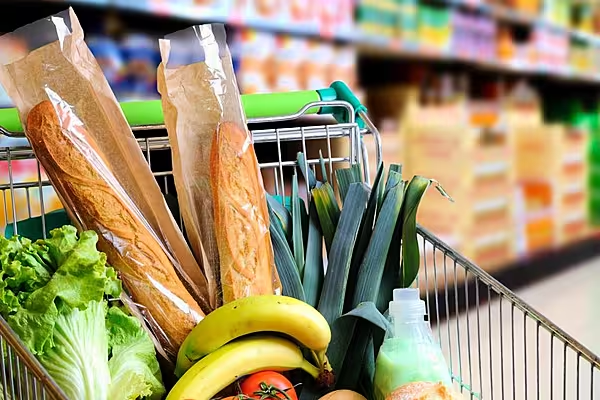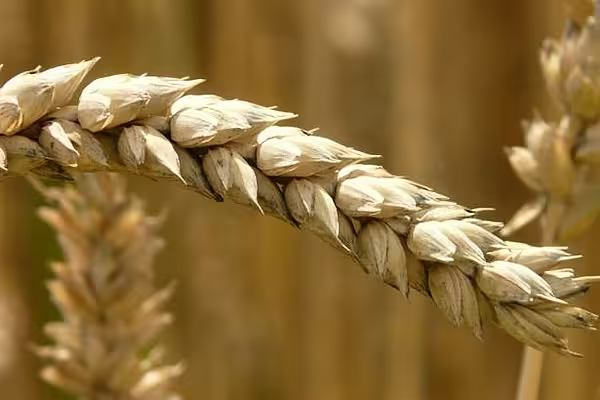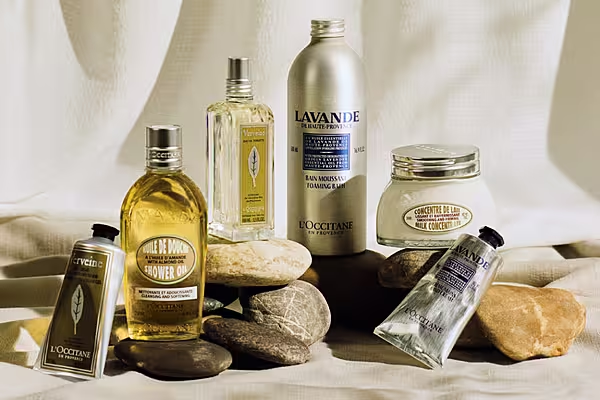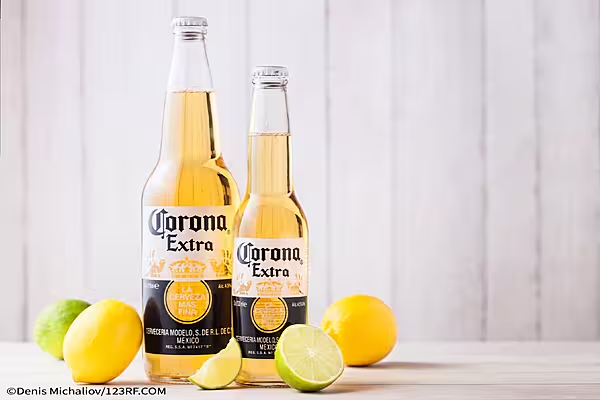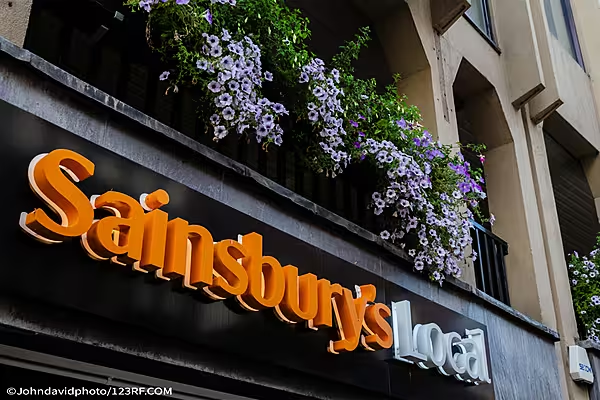DCC plc has announced it is to sell its Robert Roberts business, including Findlater Wine & Spirits and Kelkin, to Valeo foods in a deal worth €60 million. The businesses generated a combined revenue of €120 million (£101 million) and a combined operating profit of €7.3 million (£6.2 million), in the year ending 31 March 2014. These figures represent around 80% of the operating profit of DCC’s food and beverage division, which itself represents 3.7% of DCC’s overall operating profit. Dublin-based Valeo Foods own a range of Irish brands, including Jacob’s, Batchelors, and Odlums. The businesses are due to be sold for €60 million (£47 million) on a debt free and cash free basis, payable in cash on completion, with the sale subject to clearance from the Completion Authority. DCC Chief Executive Tommy Breen said, “Robert Roberts, Findlater Wine & Spirits and Kelkin have a long and successful history in the Irish market and we expect them to continue to grow and develop under Valeo’s ownership.”
Figures released by the Small Firms Association (SFA) have revealed that there are 143,266 small firms employing 862,175 people in Ireland. Meanwhile, figures from the Revenue show there are 49,195 self-employed people, with Dublin, Cork and Galway leading the way in terms of entrepreneurship. The release of these figures marks EU SME Week, which is running until October 5. The SFA has called for the Government to deliver its ‘long-promised’ Entrepreneurship Policy Statement, saying it is “vital for Ireland’s future economic progress”. Director of the SFA, Patricia Callan commented, “By focusing on the entrepreneurial sector, we can deliver real balanced regional growth. However, this will only be possible if there is a national entrepreneurship strategy."
The Independent Brewing Company of Ireland (IBCI) has won first place in the Best Ale and Lager category at the recent Irish Quality Food and Drink Awards in Dublin, with its Independent Stout. Independent Pale Ale was also shortlisted at the Awards Ceremony, held in Dublin’s Mansion House. Independent Stout’s award marks the second time that the ale has come out on top, having achieved the Silver medal at the Global Craft Brewers Awards in Berlin last July. The company admitted that it had always planned to brew a Stout, but began with three core beers: Independent Pale Ale (6% ABV), Independent Red (4.5% ABV) and Independent Gold (4.5% ABV). The Irish Quality Food and Drinks Awards aims to recognise excellence in product development for food and drink producers, retailers and catering companies in Ireland.
Heineken has launched the ‘Frontier’ initiative, which challenges businesses from all industries to come up with solutions to four briefs, from making drinking in moderation 'cool' to improving the drinking experience in bars. The candidates with winning ideas from each brief will receive a minimum of £50,000 funding, as well as mentoring, with the aim of taking the ideas to market. The brewery hopes the scheme will uncover ideals that match its interactive smart beer bottle and Twitter concierge service @wherenext, to help push the brand into new drinking occasions. Heineken says it is not only targeting startups, but is looking to partner with technology companies “at all ends of the innovation ecosystem”. The company is focusing on ‘mobile’, with a significant portion of its marketing outlay being committed to the channel, as Heineken seeks to exploit the “Internet of Things” trend.
The Drinks Industry Group of Ireland (DIGI) has warned of the effects that excise increases have had on small business jobs, with large numbers of pubs being forced to close. The group contributed to an Oireachtas Joint Committee on Jobs, Enterprise and Innovation discussion regarding ‘Growth and Job Creation in Town and Village Centres’, informing publicans that over 1,000 pubs across Ireland have been forced to close since 2007. DIGI argues that the loss of small business jobs caused by successive excise increases has made Ireland’s tourism less competitive, and punished the Irish consumer. Dónall O’Keeffe, CEO of Licensed Vintners Association, also members of DIGI, also spoke to the committee: “Through taxes on drink, pub goers have made a disproportionate contribution to the public finances. The Government must now acknowledge the critical economic role played by the pub industry and give it the help it both needs and deserves.”
Switching to a more efficient system of electronic and card payments could lead to savings of around €1 billion a year for the Irish economy, attendees at an electronics payment seminar heard. The event took place in Dublin, and was organised by MasterCard and Dublin Chamber of Commerce. The level of electronic payments in Ireland stands at around half of the Northern European average, however, card payments are increasing, with credit and debit card payments each year amounting to over €27 billion. This rise offers Irish businesses significant opportunity to grow sales revenue. Dublin Chamber's Head of Public Affairs Patrick King said, "It is encouraging to see a Government emphasis on supporting more Irish companies to start transacting online. Electronic payment levels are growing, but they remain far too low. Challenges cited by firms looking to increase online transactions include marketing investment, website management and technical issues. High adoption levels of the Leap Card and Parking Tag initiatives are proof that Irish people are ready and willing to embrace electronic payment methods. It is important now that more businesses are encouraged to make the switch."
The Food Safety Authority of Ireland (FSAI) has strongly advised people not to eat any part of a mushroom found in the wild without first seeking the advice of an expert mushroom forager. The FSAI has warned of the serious risks posed by poisonous mushrooms, particularly highlighting the need for parents and guardians to ensure children do not consume wild mushrooms that may be growing in gardens or fields. The warning coincides with the beginning of the foraging season, following an increase of enquiries being made to the National Poisons Information Centre of Ireland regarding wild mushroom consumption. To date this year, 18 cases of poisoning related to wild mushrooms have been notified to the Centre, involving seven adults and eleven children. All of the children had eaten wild mushrooms accidentally. Ray Ellard, Director of Consumer Protection, FSAI said, “It is important to note that cooking does not kill the potentially toxic chemicals that can be found in some wild mushrooms. Eating a wild poisonous mushroom, raw or cooked, can result in people becoming very ill with symptoms such as nausea, vomiting and diarrhoea and, in some cases, it can result in liver failure.”
Four Irish brands have ranked in the top 50 global best-selling travel retail brands, according to new figures compiled by the International Wine and Spirits Research (ISWR). This includes Baileys, which remains one of the most popular duty-free spirits in the world, in spite of a 3.6% decline in sales last year. Baileys Irish Cream was ranked sixth best selling duty-free brand globally, although volumes have declined by 1.1% since 2008. Jameson is now in 11th place on the list, having risen four places since 2009. Bushmills come in at 44th, up from 64th place five years ago, and Tullamore Dew raised by 9 places to come in at 47th, over the same period. Although it experienced a 4.5% decline in sales last year, Johnnie Walker has maintained its lead in first place, over the second-largest duty-free brand Absolut. The total volume of spirits in the travel-retail market increased 1.4% globally in 2013, reaching 21.6 million nine-litre cases, of which the top 100 brands accounted for 85%, the figures show.
© 2014 - Checkout Magazine by Emily Horne.
{loadposition ri07102014}

